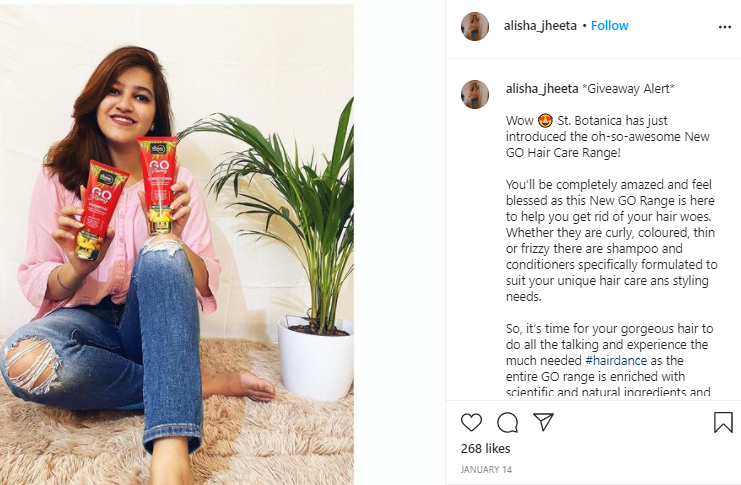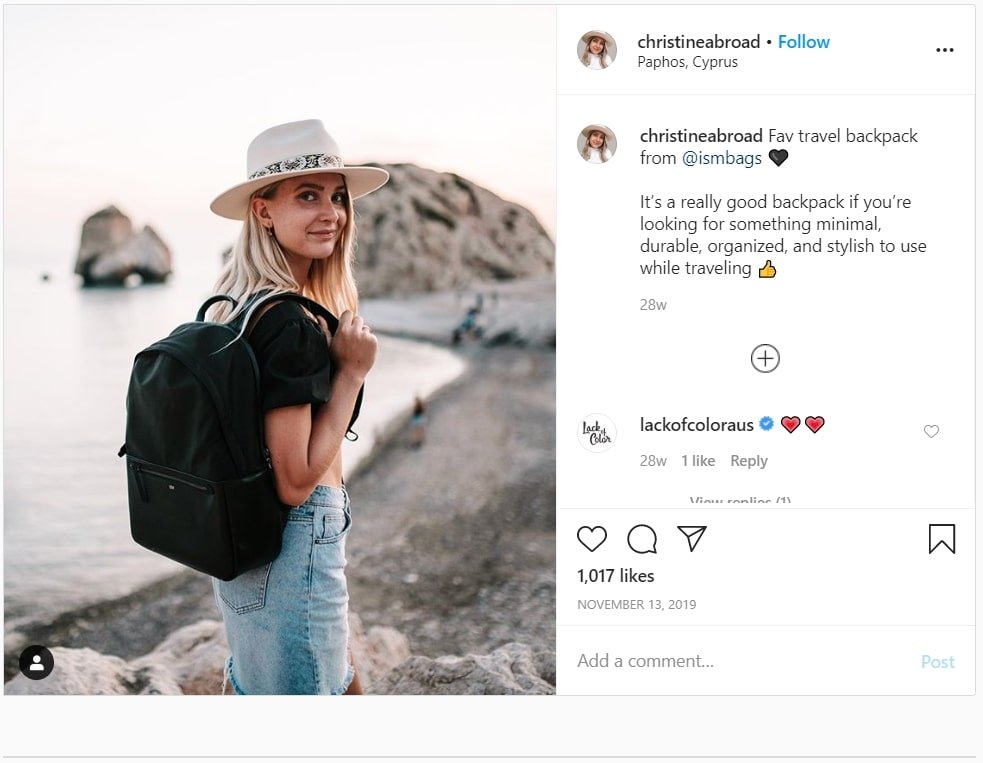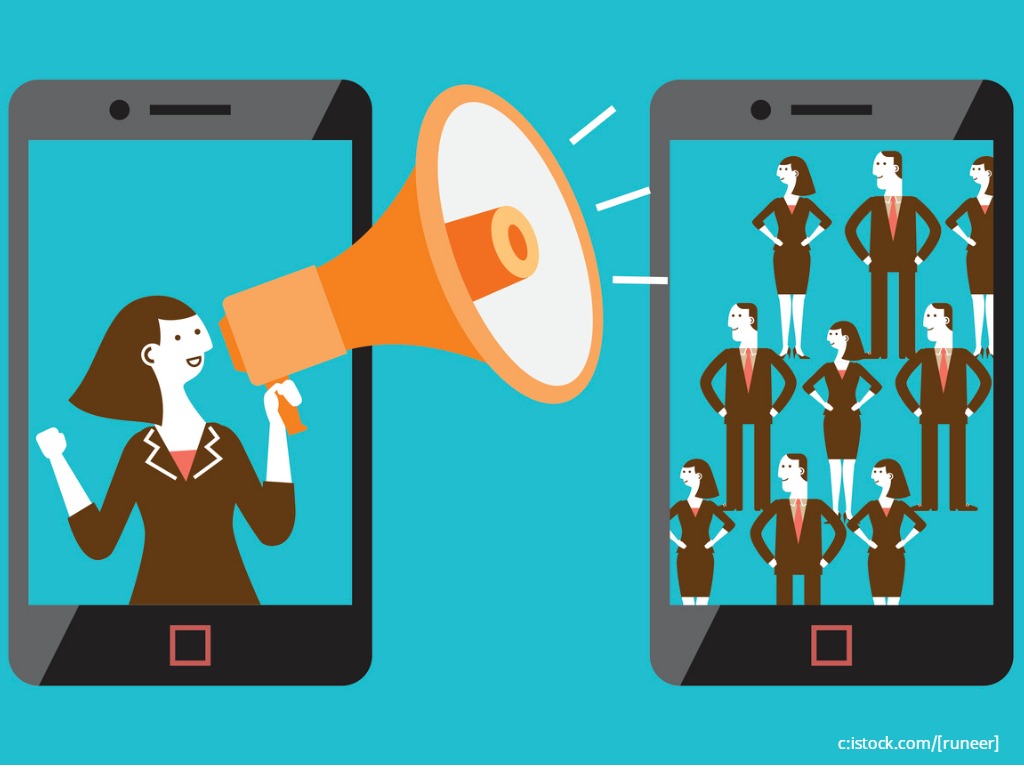When it comes to converting viewers into consumers, the success rate of online advertising vs influencer marketing is shockingly different.
When it comes to influencer marketing vs. advertisements, there isn’t always a choice between the two. Influencer marketing is a kind of digital advertising that appeals to social media users. The banners along the top and sides of a web page are known as digital advertising.
Influencer marketing has a long history and is well-known for its effectiveness. Influencer marketing is growing as a powerful type of digital advertising, signalling a revolution in the marketing industry. Brands are increasingly looking for influencers to share their storey on various social media channels.
Because of this, influencer marketing is significantly more effective than traditional advertising. If the material comes from someone we’ve chosen to connect with, we’re more inclined to engage with it. We’ve been following that influencer because we enjoy what she or he has to say, so when they mention a business or product, we’re ready to listen.
Other elements that make Influencer Marketing more effective than advertising are as follows:
Influencer Marketing vs Advertising
Reach to the right Audience
With a combined monthly active user pool of three billion, Facebook and Instagram are the obvious go-to platforms for advertising.
Facebook and Instagram, as we all know, choose advertising material based on a person’s behaviour and interests. Those advertisements are based on data, such as location, demographics, interests, favorited pages, and activity.
However, this customised targeting may be bothersome; in fact, 49% of customers say brand-created advertisements are “annoying or irrelevant.”
Influencer’s audience has already expressed interest in the information they are sharing, making them a valuable weapon.
Through polls and regular contact, influencers may gain a better understanding of their followers. Their followers don’t feel like they’re being “sold” to; instead, they feel linked to and appreciated by the influencer, and are thus more inclined to buy a product recommended by them.

The Trust Factor
When you read the phrase “sponsored” at the top of an Instagram post, how do you react? Even if the post is relevant to you, you’re considerably less likely to engage with it just because you know the business paid to have it displayed to you.
If someone you already follow publishes about a new product they enjoy, on the other hand, you’re far more likely to pay attention to what they have to say. This is due to the fact that you already know and like the person who is posting. Because you’re familiar with their tastes and have opted in to receive their material, you’re predisposed to accept their judgement.
According to MediaKix, 71% of marketers believe the quality of consumers, leads, and traffic generated by influencer marketing is superior than that generated by other methods. In many respects, it allows businesses to replicate the influence of word-of-mouth marketing at a large scale. It is important factor in Influencer Marketing vs Advertising debate.
Conversation with Audience
Interaction with the audience is crucial to successful selling. Pages and articles that receive little to no involvement and, more especially, comments, are losing their appeal. The same may be said of ads.
Audiences form friendships with the influencers they follow. Many of them seek and provide advice and ideas from their followers, which sparks a dialogue and demonstrates an interest in them as individuals.
It is undeniable that today’s consumers are more perceptive. While advertisements are only active for the paid duration you choose to promote them, influencers build long-term brand recognition and shopper engagement.
Influencer Marketing isn’t Disruptive
We’ve all been there: we’re attempting to read an article when a video in the page’s sidebar begins playing loudly. Alternatively, we may be visiting a website when a large pop-up appears on the screen, attempting to capture our attention. To say the least, it’s aggravating.
In the end, social media advertisements may be obtrusive to the user experience. If an advertisement appears in a person’s feed without their permission, it may lead them to have a negative reaction to the brand’s message.
However, with Influencer Marketing, the customer has already agreed to follow the influencer and is eager to see their postings. If the branded material comes from an influencer rather than a sponsored commercial, there is no banning.
Detailed Research leads to high ROI
The more research you conduct on your target audience and the more precise data you have about their behaviour, the more you will be able to personalise a message to them and maximise your return on investment. Investing in a platform that helps you to identify and engage with influencers who share an affinity with your target audience may significantly boost the success of your campaign.
It’s obvious that when companies tailor their content to a client’s unique preferences and requirements, that consumer is far more likely to respond positively. In fact, according to a recent survey by MediaKix, at least half of marketers believe that influencer marketing has a higher ROI than other marketing channels.
Better Analytics
You can track critical KPIs in both brand awareness and direct reaction with influencer marketing. Benchmarks such as social reach, engagement, mentions, and traffic conversions are essential for determining how your company compares to the competition in Influencer Marketing vs Advertising.
Content Creation easier with Influencer Marketing
When you work with an influencer, you delegate content creation to them (with guidance and approval, of course). When creating an advertisement, it is up to the creative team to come up with and execute all of the campaign’s content.
In this case, working with an influencer saves time and money. You have access to the influencer’s knowledge without having to put in hours of work building a campaign from beginning because they are already aware with what their audience reacts to.
It’s no surprise that over 65 percent of marketers expect to expand their investment in the influencer marketing area, with higher ROI, more meaningful data, a better customer experience, and long-term benefits.

Instant Brand Awareness
As ad blockers and banner blindness reduce the efficacy of digital advertisements, influencers may become increasingly essential to a brand’s outreach efforts. An influencer may provide virtually instant brand recognition since individuals choose to follow influencers they connect to and appreciate.
When compared to the marketing rule of seven, which applies to typical digital advertisements, that type of rapid awareness and desire to acquire a product is rare. Before making a purchase decision, a consumer must be exposed to a marketing message at least seven times, according to the marketing rule of seven.
When a well-known influencer spreads the word about your product, this notion nearly works in reverse. After watching influencers talk about your products, potential buyers are more emotionally involved and are farther down the sales funnel. Because of this, people are more inclined to click on your advertising even though they have already heard your marketing message seven times.
FAQs
Q: What is influencer marketing?
A: Influencer marketing is a form of marketing where businesses partner with social media influencers to promote their products or services to the influencer’s followers. This type of marketing leverages the influencer’s authority and reach to reach a targeted audience.
Q: What is paid media?
A: Paid media refers to any form of advertising that businesses pay for to promote their products or services. This includes traditional advertising such as TV commercials and print ads, as well as digital advertising such as social media ads and search engine marketing.
Q: Which is better for ROI: influencer marketing or paid media?
A: It’s difficult to say which is better for ROI, as it depends on a variety of factors such as your business goals, target audience, and budget. However, studies have shown that influencer marketing can deliver a higher ROI than paid media, particularly when it comes to engagement rates and conversion rates. This is because influencer marketing relies on a trusted voice that is already established in the eyes of their followers, leading to higher levels of engagement and trust.
Q: What are the benefits of influencer marketing?
A: Influencer marketing can help businesses to build brand awareness, increase engagement with their target audience, and drive conversions. It can also help to build trust and credibility for a brand, particularly among younger demographics who are more likely to trust social media influencers than traditional advertising.
Q: What are the benefits of paid media?
A: Paid media can help businesses to reach a wider audience and promote their products or services to a specific target audience. It can also be more measurable than influencer marketing, allowing businesses to track the success of their campaigns more easily.
Q: Can influencer marketing and paid media be used together?
A: Yes, influencer marketing and paid media can be used together to create a more comprehensive marketing campaign. For example, a business might use influencer marketing to build awareness and drive engagement, and use paid media to retarget those who have engaged with the influencer’s content






